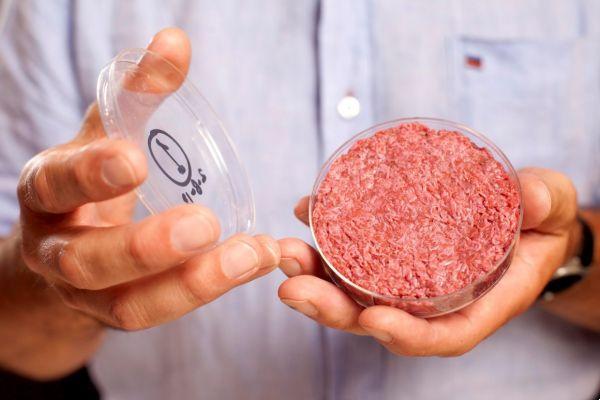
Bite into a hamburger, feel the typical succulent taste of meat in your mouth, and be 100% sure that not even one animal was killed to end up in the sandwich. Until a decade ago it sounded like science fiction, now it is an experience that anyone can try, at a fraction of the cost. Even in the country.
Vegetable meat
The proteins come from soy and potatoes, the fats from coconut and sunflower oil, the methylcellulose holds it all together. And the flavor? It is thanks toeme, a substance found naturally in both animal flesh and roots of legumes. It is the "magic formula" of Impossible Burger, which can also be tasted in the form of meatballs and meat sauce.
Founded in 2011 in California, the company has also convinced a fast food giant of the caliber of Burger King Delivery, which first introduced vegetable meat to the US and, recently, to 2400 restaurants across Europe.
The vegetable burger of Beyond Meat, instead, it is a mix of peas and others vegetable (sources of protein), beets (which give the red color), vegetable oils and potato starch (to achieve the right consistency) and mineral salts.
They were immediately available in the meat department of supermarkets stars and stripes, like Target, and then also landed in fast food chains come Dunkin e A&W. In el country the first to win them was the Bolognese chain of WellDone hamburger restaurants.
Faced with the advance of startups, a giant like Nestle he couldn't stand and watch. In September, the Swiss multinational launched theIncredible Burger, the result of a year of work by four different research centers.
Meat in the laboratory
The next frontier, however, could be even more hi-tech. It is that of the so-called "meat growers", I synthetic meat growers in the laboratory, discussed in a recent study published by Internazionale.
Israel, where 5% of the population declares themselves vegan, is home to various realities in this sector. Like Aleph Farm, who manages to isolate bovine stem cells and culture them in the laboratory until you get muscle, fat, blood vessels and connective tissues.
It will still take about three and a half years to go on sale, the article continues. First you have to finish the process of research and development, which has already made it possible to greatly reduce the initial costs, e get the green light from the authorities.
But is synthetic meat really the right solution to reduce the environmental impact of intensive farming? A study published by Frontiers in Sustainable Food Systems raises some doubts. On the one hand there are the methane emissions of the farms, on the other the emissions CO2 of hi-tech meat production plants. If it is true that the former have a much higher impact on the climate, it is also true that they remain in the atmosphere for only 12 years, while CO2 remains for millennia.
In short, the last word has not yet been said about the future of our food. What is certain is that we will have more and more alternatives to eliminate, or at least partially replace, the unsustainable red meat. The journey of technology has just begun.


























